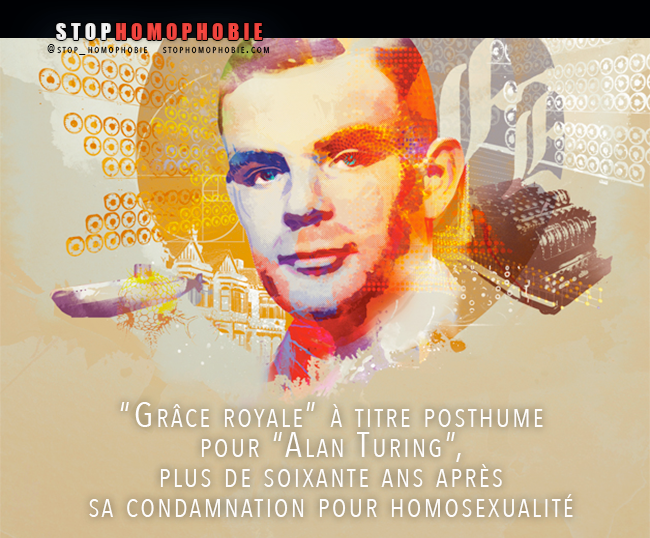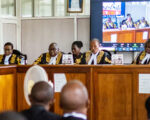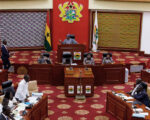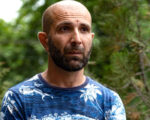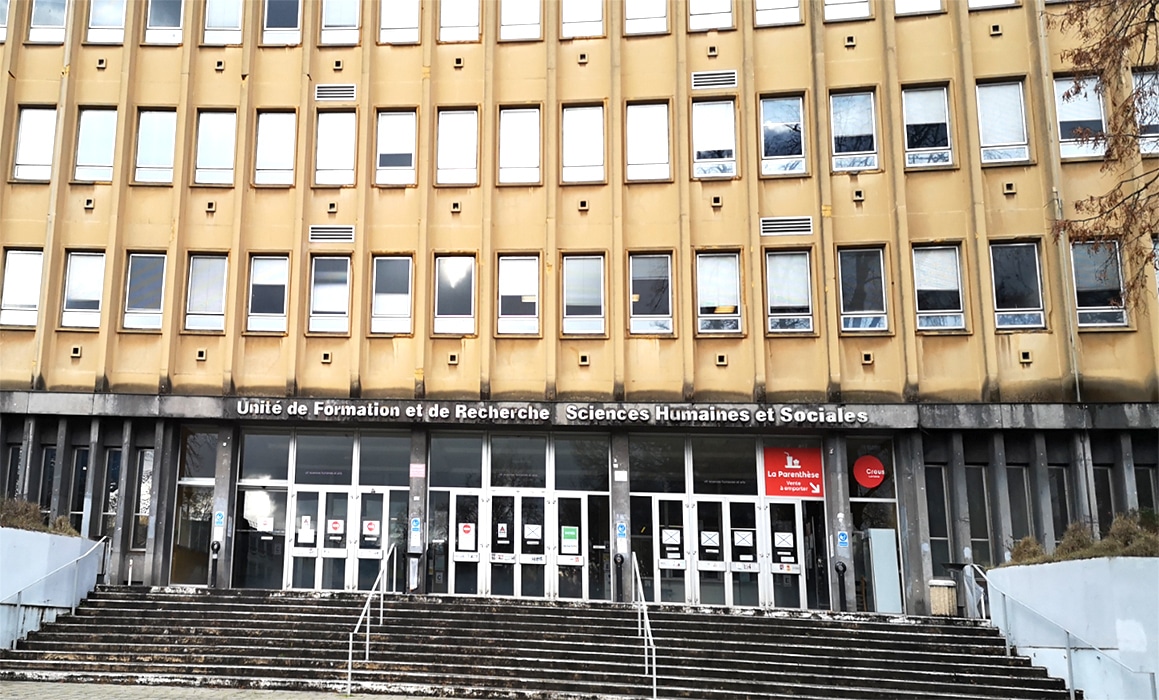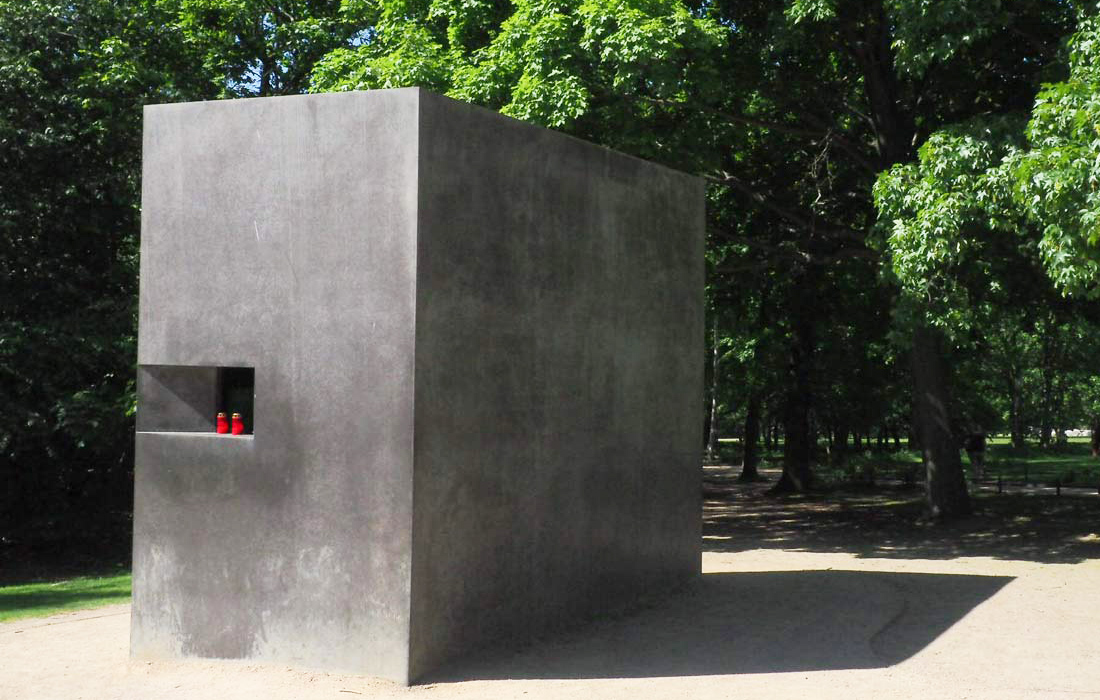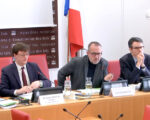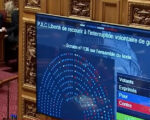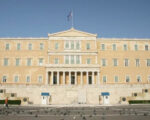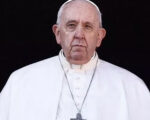Le mathématicien britannique Alan Turing, qui a joué un rôle décisif pour briser les codes nazis, s’est vu accorder la grâce royale, mardi 24 décembre, à titre posthume, plus de soixante ans après sa condamnation pour homosexualité.
Considéré comme « l’Einstein des mathématiques », ce pionnier de l’informatique est mort en 1954 à l’âge de 41 ans, empoisonné au cyanure, sans que la thèse généralement retenue du suicide n’ait jamais été formellement prouvée. Il avait été condamné deux ans plus tôt pour « outrage aux bonnes mœurs » et contraint à la castration chimique en raison de son homosexualité, illégale au Royaume-Uni jusqu’en 1967.
Durant sa courte existence, Alan Turing sera parvenu à poser les fondations de l‘informatique moderne et à définir les critères de l’intelligence artificielle encore en vigueur aujourd’hui : le fameux « test de Turing » qui se fonde sur la faculté d’une machine à tenir une conversation.
Casseur du code ENIGMA
Pour le grand public, son plus haut fait d’armes est d’avoir réussi à « casser » les codes de la machine Enigma utilisés par les sous-marins allemands croisant dans l’Atlantique Nord pendant la seconde guerre mondiale. Certains historiens estiment que ce coup de génie a précipité la chute d’Hitler, qui autrement aurait pu tenir un ou deux ans de plus.
Alan Turing a été gracié mardi, cinquante-neuf ans après sa mort, par la reine Elizabeth II sur proposition du ministre de la justice Chris Grayling qui avait évoqué un « homme exceptionnel avec un esprit brillant ».
« Son génie a été mis en œuvre à Bletchley Park [principal site de décryptage britannique] pendant la seconde guerre mondiale où son apport a été décisif pour briser le code Enigma, contribuer à mettre fin à la guerre et sauver des milliers des vies »
« Sa vie a plus tard été assombrie par sa condamnation pour homosexualité, condamnation que nous considérerions aujourd’hui comme injuste et discriminatoire, et qui est désormais annulée »
Les campagnes s’étaient intensifiées ces dernières années au Royaume-Uni pour réhabiliter Alan Turing, un excentrique timide qui portait un masque à gaz pour éviter le rhume des foins lorsqu’il faisait du vélo. En 2009, le premier ministre de l’époque, Gordon Brown, lui avait présenté des excuses posthumes, reconnaissant qu’il avait été traité « horriblement ». En 2012, l’année du centenaire de la naissance de Turing à Londres, onze scientifiques britanniques, dont Stephen Hawking, avaient demandé l’annulation de la condamnation de celui qu’ils qualifiaient de « mathématicien le plus brillant de l’époque moderne ».
The Queen has granted a posthumous pardon to the gay World War Two hero Alan Turing under the Royal Prerogative of Mercy
>> Turing was prosecuted for gross indecency in 1952, after having a relationship with another man. The mathematical genius and codebreaker was the effective inventor of the modern computer and a key driver behind the victory over the Nazis.
He killed himself in 1952, two years after being sentenced to chemical castration for his homosexuality.
In 2009, after a campaign led by Richard Dawkins, Stephen Fry and Peter Tatchell and supported by PinkNews.co.uk, the then prime minister Gordon Brown issue an apology for Turing’s treatment on behalf of the British government.
A bill to pardon Turing passed its third reading in the Lords in October. It sought to grant a statutory pardon to Turing. However, the stalled in the House of Commons because of an objection objection by Tory MP Christopher Chope.
An earlier campaign to grant Turing a pardon was rejected by the Government as Turing was “properly convicted of what at the time was a criminal offence”, Justice Minister Lord McNally said, though it “now seems both cruel and absurd”.
Today the government decided to maneuver around the Parliamentary process by securing the support of the Queen to grant Turing a royal pardon. It reads:-
ELIZABETH THE SECOND, by the Grace of God of the United Kingdom of Great Britain and Northern Ireland and of Our other Realms and Territories QUEEN, Head of the Commonwealth, Defender of the Faith, To all to whom it these Presents shall come,
Greeting.
WHEREAS Alan Mathison Turing at Knutsford Quarter Sessions on the 31st day of March 1952 pleaded guilty to and was convicted of divers counts of Gross Indecency contrary to Section 11 of the Criminal Law Amendment Act 1885 and on that date sentence was postponed for a period of twelve months but the said Alan Mathison Turing was placed on Probation for a period of twelve months to submit for treatment by a duly qualified medical practitioner at Manchester Royal Infirmary;
AND WHEREAS the said Alan Mathison Turing died on the 7th day of June 1954;
Now know ye that we, in consideration of circumstances humbly represented to us, are graciously pleased to grant our grace and mercy unto the said Alan Mathison Turing and grant him our free pardon posthumously in respect of the said convictions.”
AND to pardon and remit unto him the sentence imposed on him aforesaid;
And for doing this shall be a sufficient Warrant.
GIVEN at Our Court at Sandringham on the 24th day of December 2013;
In the sixty-second Year of Our Reign.
By Her Majesty’s Command.
Chris Grayling, the Justice Secretary, who signed the document, that takes effect on Christmas Eve said: “Dr Alan Turing was an exceptional man with a brilliant mind. His brilliance was put into practice at Bletchley Park during the Second World War where he was pivotal to breaking the ‘Enigma’ code, helping to end the war and save thousands of lives.
“Dr Turing deserves to be remembered and recognised for his fantastic contribution to the war effort and his legacy to science. A pardon from the Queen is a fitting tribute to an exceptional man.”
Prime Minister David Cameron said: “Alan Turing was a remarkable man who played a key role in saving this country in World War Two by cracking the German Enigma code.
“His action saved countless lives. He also left a remarkable national legacy through his substantial scientific achievements, often being referred to as the father of modern computing.”
Labour Leader Ed Miliband said: “Alan Turing was a hero and an extraordinary academic – his work helped win World War II. I’m delighted he has received a Royal Pardon.”
The pardon of Turing only applies to him and not other gay men, who have also since died who were convicted under now repealed legislation. In the leadup to the 2010 general election, writing for PinkNews, David Cameron announced that if he became Prime Minister, he would disregard the convictions of those convicted of historical gay sex offences. The measure was passed by the Coalition government but only applies to the convictions of those who are still alive, not people like Turing who have since died.
Liberal Democrat peer Lord Sharkey said: “I will continue to campaign for all those convicted as Turing was, simply for being gay, to have their convictions disregarded. That will be a proper and fitting and final end to the Turing story.”
AFP


